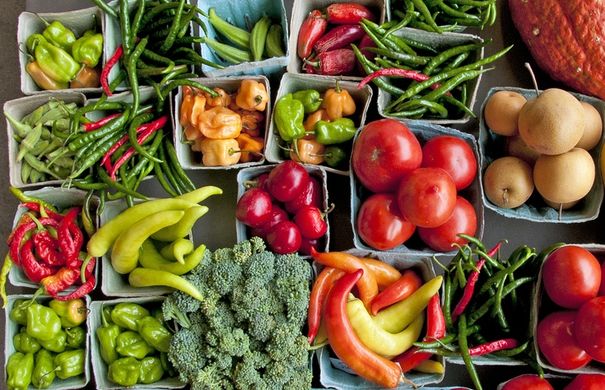EU imposes stricter regulations on imported foods
The EU has tightened controls on imports of certain foods. On 8 January, the Commission Implementing Regulation 2019/35 amended Regulation (EC) No 669/2009 implementing Regulation (EC) No 882/2004 of the European Parliament and of the Council as regards the increased level of official controls on imports of certain feed and food of non-animal origin (Text with EEA relevance.)
The measure affects the following products:
From the Americas:
1) Aubergines from the Dominican Republic are tested for ‘pesticide residues that can be analysed with multi-residue methods’ (hereinafter, multi pesticide residues’) at an increased level of 20%; and 2) Sweet and other peppers and yardlong beans from the Dominican Republic are tested for multi pesticide residues and for residues of Acephate, Aldicarb, Amitraz, Diafenthiuron, Dicofol, Dithiocarbamates (including maneb, mancozeb, metiram, propineb, thiram and ziram) and Methiocarb (at an increased level of 20%).
From Africa:
1) Sweet peppers from Egypt are tested for multi pesticide residues and for residues of Dicofol, Dinotefuran, Folpet, Prochloraz, Thiophanate-methyl and Triforine (20%);
2) Beans from Kenya are tested for multi pesticide residues (5%); and
3) Peppers (other than sweet) from Uganda are tested for multi pesticide residues (20%).
From Asia:
1) Goji berries (wolfberries) from China are tested for residues of Amitraz (10%);
2) Tea, whether or not flavoured, from China is tested for multi pesticide residues and for residues of Tolfenpyrad (10%);
3) Okra from India is tested for multi pesticide residues and for residues of Diafenthiuron (10%);
4) Peppers (other than sweet) from India are tested for multi pesticide residues and for residues of Carbofuran (20%);
5) Chinese celery from Cambodia are tested for multi pesticide residues and for residues of Phenthoate (50%;
6) Yardlong beans from Cambodia are tested for multi pesticide residues and for residues of Chlorbufam (50%);
7) Peppers (other than sweet) from Pakistan are tested for multi pesticide residues (20%);
8) Peppers (other than sweet) from Thailand are tested for multi pesticide residues and for residues of Formetanate, Prothiofos and Triforine (10%);
9) Coriander leaves from Viet Nam are tested for multi pesticide residues and for residues of Dithiocarbamates (including maneb, mancozeb, metiram, propineb, thiram and ziram), Phenthoate and Quinalphos (50%);
10) Basil (holy, sweet), mint, parsley and okra from Viet Nam is tested for multi pesticide residues and for residues of Dithiocarbamates (including maneb, mancozeb, metiram, propineb, thiram and ziram), Phenthoate and Quinalphos (50%);
11) Peppers (other than sweet) from Viet Nam are tested for multi pesticide residues and for residues of Dithiocarbamates (including maneb, mancozeb, metiram, propineb, thiram and ziram), Phenthoate and Quinalphos (50%).



